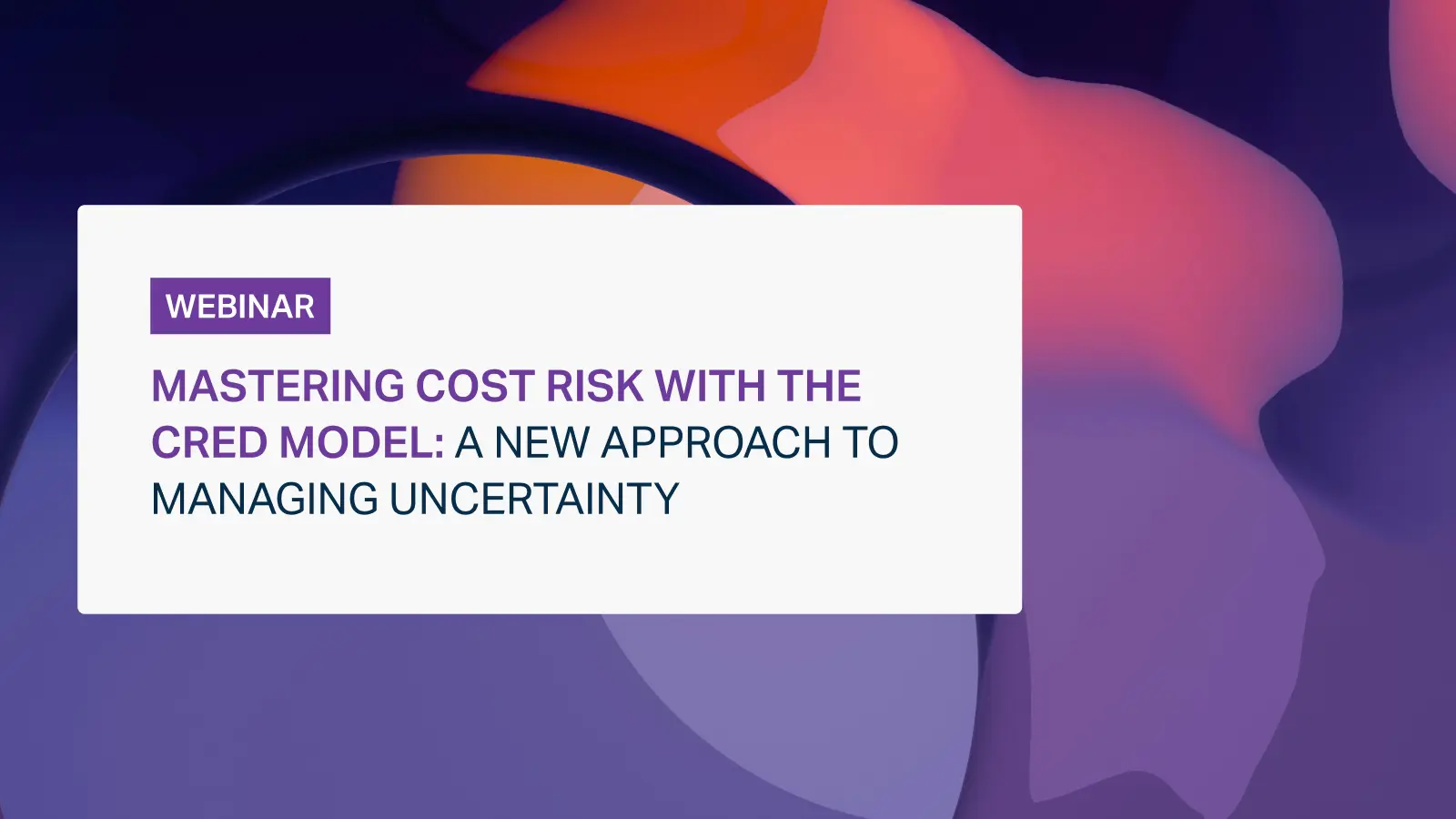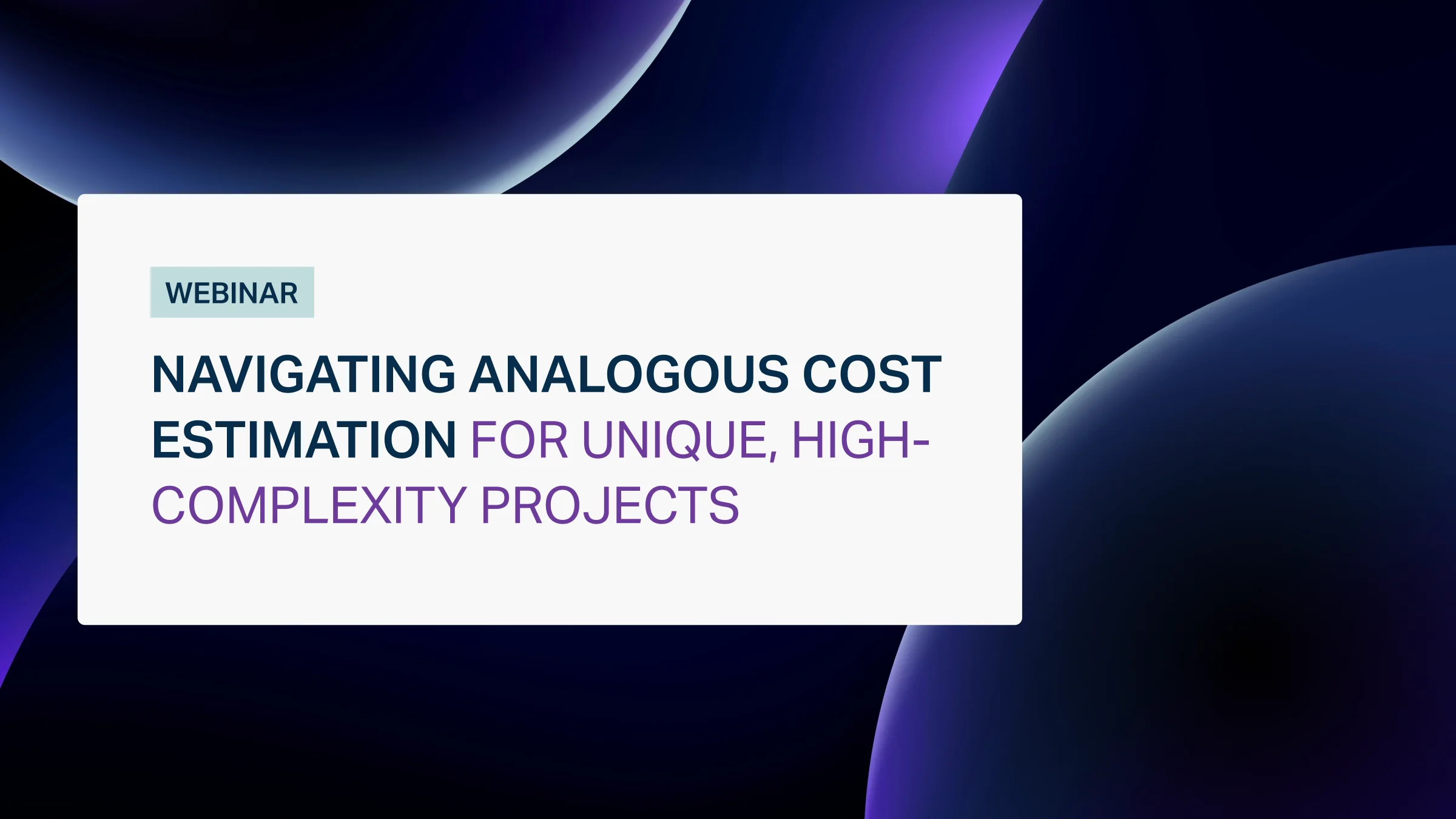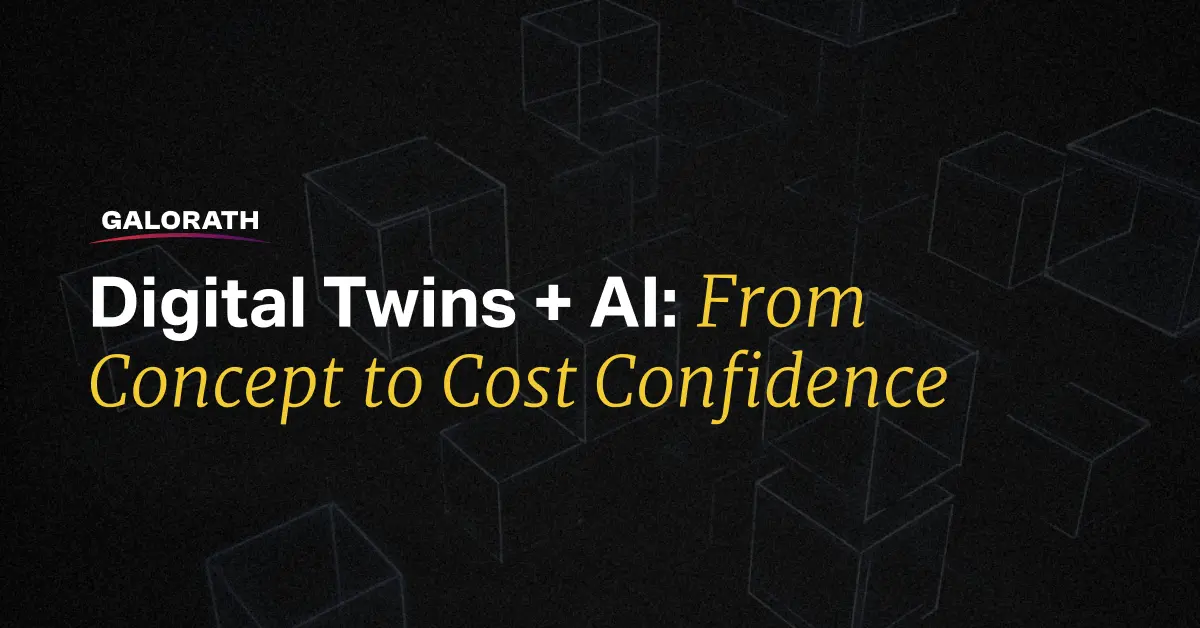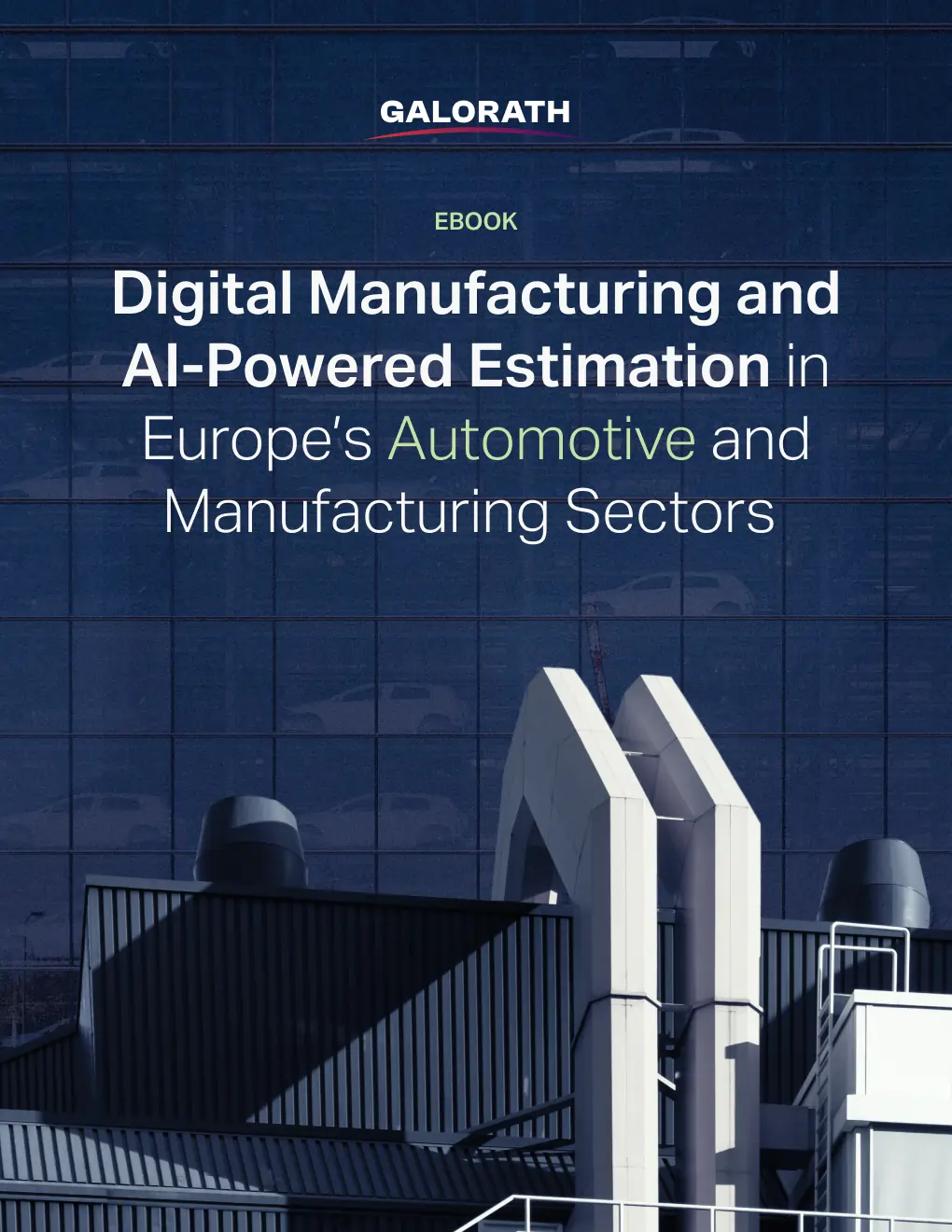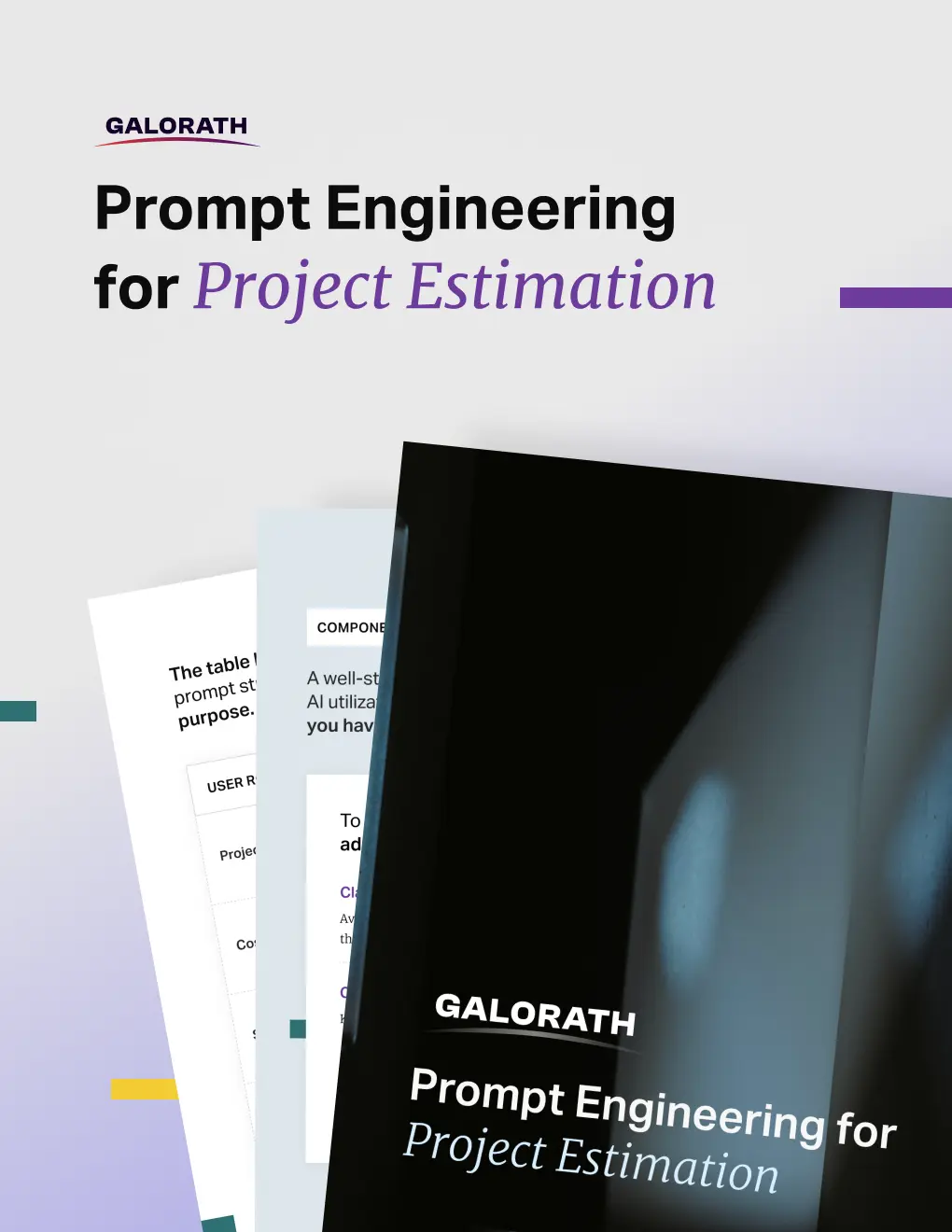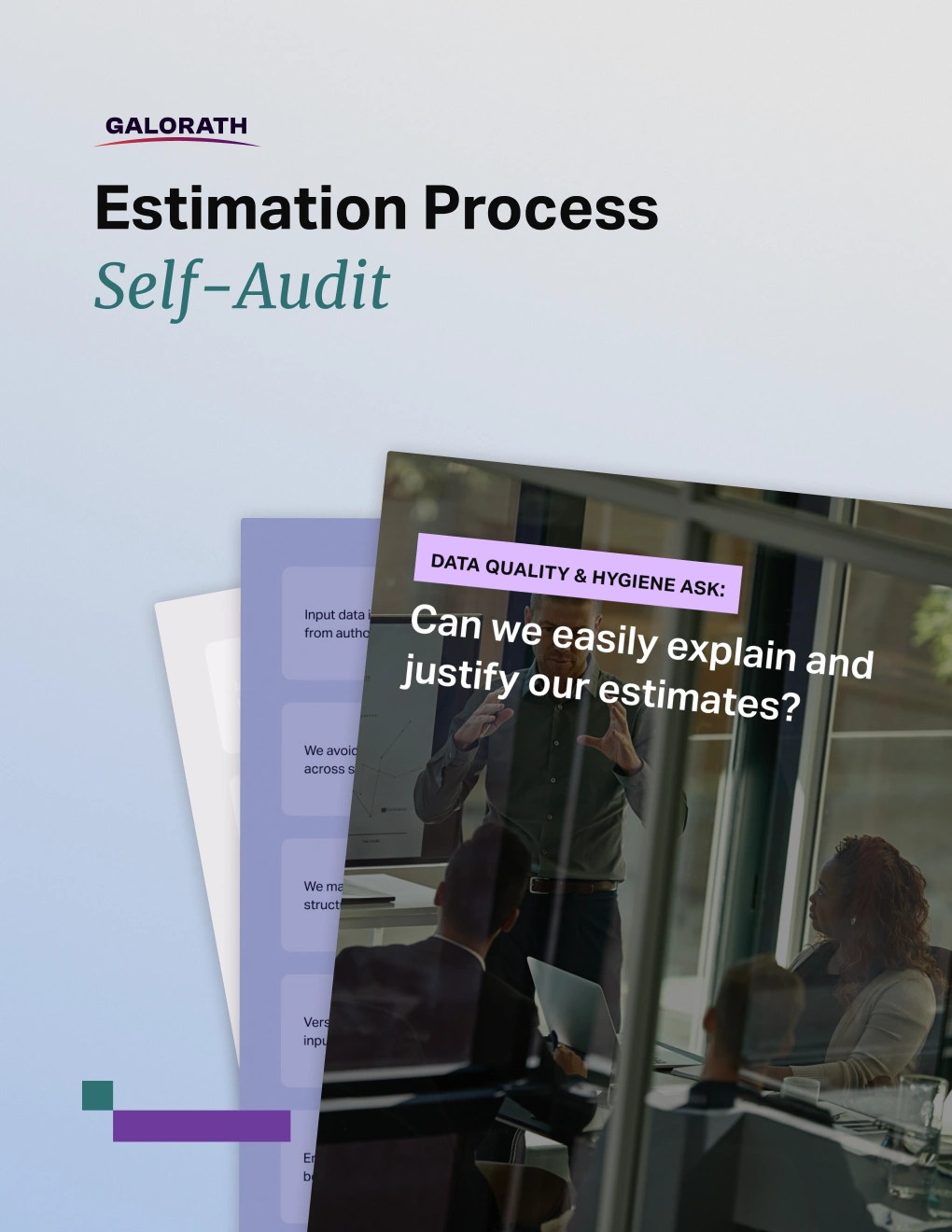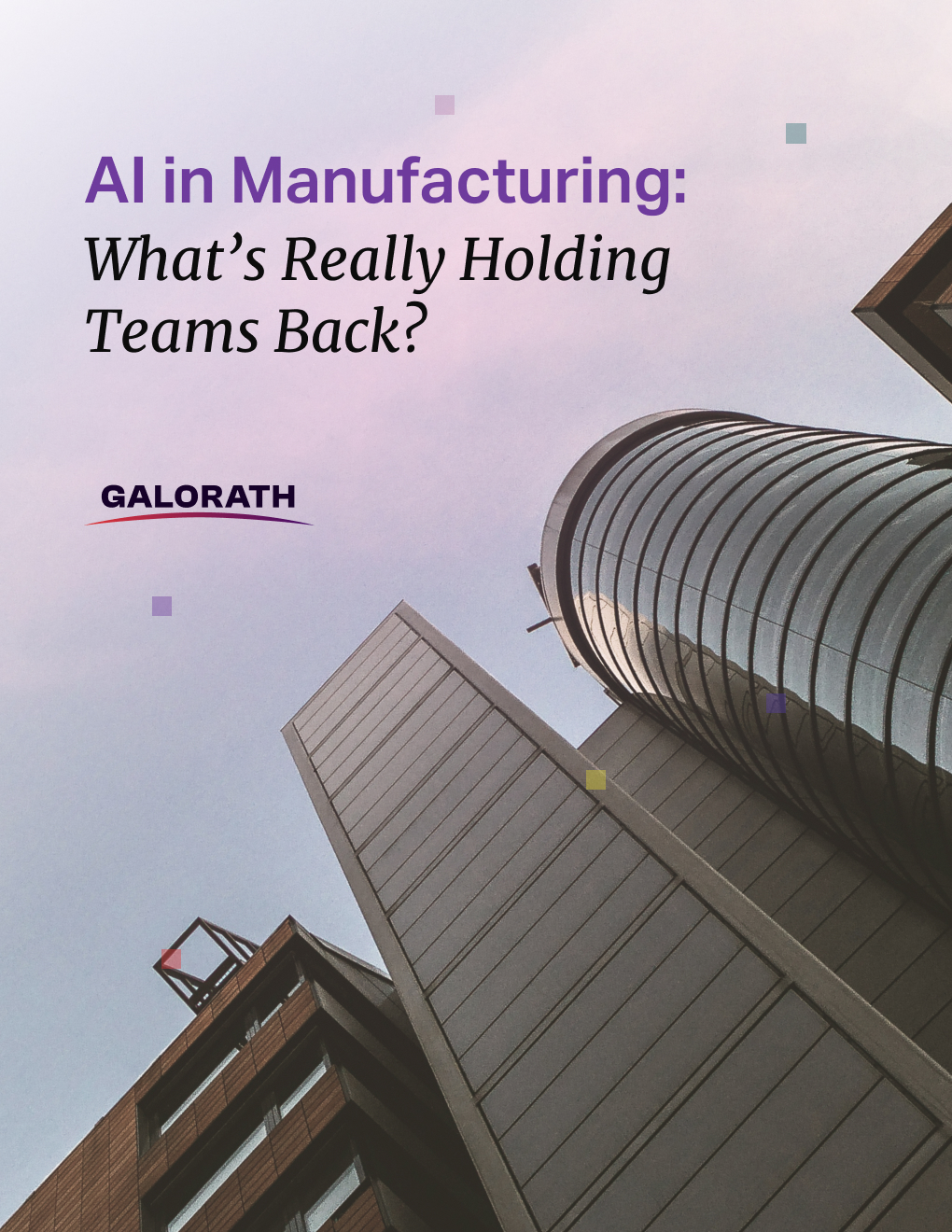Mastering Cost Risk with the CRED Model: A New Approach to Managing Uncertainty
When hidden risks threaten delivery, this agent brings them to the surface.
The Risk Assessment Agent analyzes program documents, historical performance, and estimation assumptions to uncover latent risks. It identifies potential drivers of cost and schedule overrun and embeds those uncertainties directly into models. By making risks visible early, teams can plan mitigations before issues escalate, improve audit transparency, and strengthen program outcomes.
Compliant
Secure
Audit-ready


Situations & triggers
When unseen risks need to be exposed
Risks often hide in assumptions, documents, and overlooked historical patterns. By the time they surface, programs are already dealing with delays, overruns, or strained budgets. The Risk Assessment Agent changes this by embedding risk discovery into planning and estimation workflows so programs can address vulnerabilities before they become failures.
When
early assumptions lack validation
I want to
flag uncertainties and address them before commitments are made
When
past projects reveal recurring overruns
I want to
to compare patterns so I can avoid repeating mistakes
When
new contracts introduce untested requirements
I want to
analyze language so I can spot potential risks
When
leadership demands defensible projections
I want
risk-adjusted models so I can show the full range of outcomes
Desired outcomes/Benefits
How risk visibility improves planning
Programs cannot avoid every risk, but they can prepare for them. The Risk Assessment Agent builds risk awareness directly into estimation, turning uncertainty into structured, trackable elements. This supports proactive mitigation, helps teams build resilience into schedules and budgets, and creates planning artifacts that stand up under executive or audit scrutiny.
Early identification
of cost and schedule risks across program phases.
Traceable links
between assumptions, risks, and potential impacts.
Stronger confidence
in estimates with risk ranges built in.
Audit-ready
transparency with risks documented alongside estimates.
Scenarios/Playbooks
Risk assessment in action
Risk management is most effective when it is continuous, not reactive. The Risk Assessment Agent provides structured workflows that reveal and quantify uncertainties across program stages.
ll risk data is processed in a tenant-isolated environment. Each flagged risk is tied back to its source input, ensuring transparent logic that can be defended in reviews and audits.
See it in actionScenario 1: Contract risk scan in 3 steps
Trigger: When new program contracts or requirements arrive.
Step 1
Upload contract language or key planning documents.
Step 2
The Risk Assessment Agent highlights potential drivers of cost and schedule risk.
Step 3
You receive a structured summary with risk factors tied to assumptions.
Scenario 2: Historical performance analysis in 3 steps
Trigger: When planning for a program similar to past efforts.
Step 1
Provide past program data or historical estimates.
Step 2
The Risk Assessment Agent analyzes recurring gaps and overruns.
Step 3
You receive risk-adjusted models that account for known vulnerabilities.
Frequently Asked Questions
How does the Risk Assessment Agent find risks?
It analyzes program documents, historical performance, and estimation assumptions to highlight latent risks.
Can it quantify risk impacts?
Yes. Risks are embedded into cost and schedule models, making impacts measurable and traceable.
Does it replace risk managers?
No. It provides structured discovery and quantification to support human-led mitigation planning.
Can it be used during audits?
Yes. Each identified risk is linked to its source input, creating audit-ready evidence.
Does it integrate with SEER?
Yes. Risk outputs can be connected to SEER models for validation and further analysis.
Is data kept secure?
Yes. All inputs and outputs are tenant-isolated, encrypted, and never shared outside your environment.
Expose hidden risks early and plan with confidence using the Risk Assessment Agent.
Confidential by design, every response is generated within Galorath’s secure AI framework with full traceability to source inputs.
Trusted by leaders in the industry:
